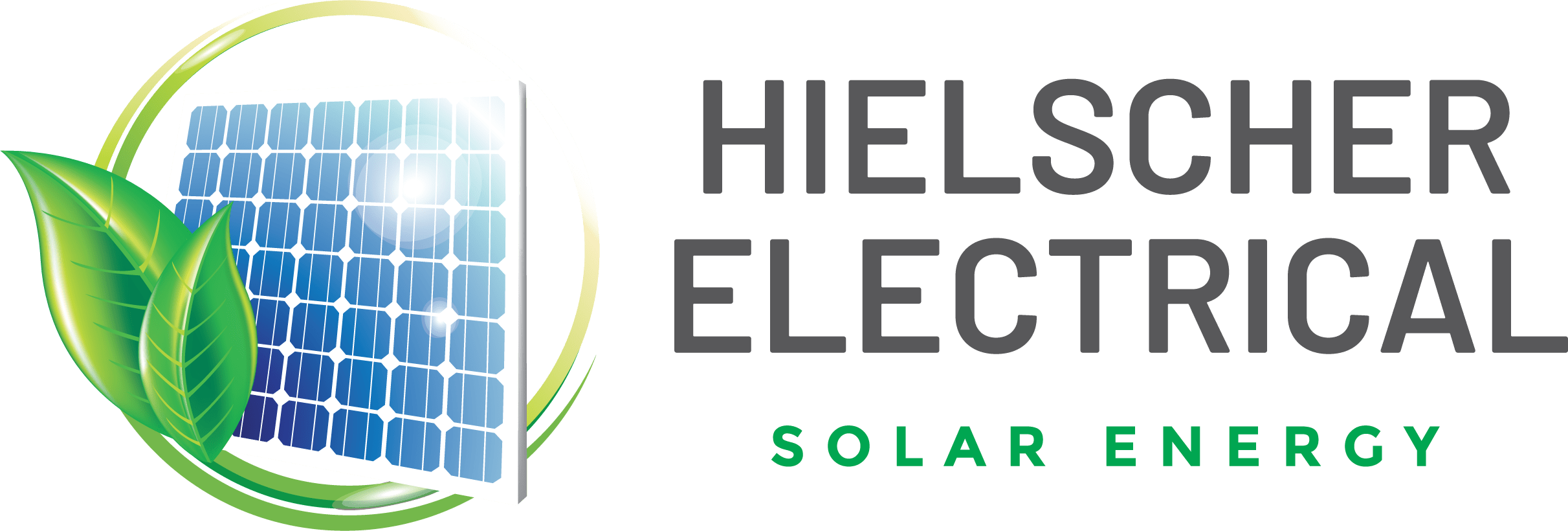As energy bills continue to rise, advocacy groups argue that retrofitting rooftop solar panels on public housing could save North Queensland households up to $750 annually, potentially driving the next NQ solar boom. The inclusion of this in the 2023 federal budget would ensure that the benefits of renewable energy are accessible to all Australians.
Cairns Electrification
Rewiring Australia and the Community Housing Industry Association are urging the federal government to allocate a $500 million electrification fund in the upcoming 2023 budget, aiming to install solar panels on social and affordable housing throughout the country, including Cairns and North Queensland communities. The proposed initiative would consist of $200 million in federal funding and $300 million from the states. If approved, up to a quarter of the 440,000 social housing units across Australia could transition to zero-emissions power, positively impacting many households in our region.
Wendy Hayhurst, CEO of the Community Housing Industry Association, emphasized that the scheme would ensure that the financial and health advantages of electrification are available to all Australians, including those in Cairns and North Queensland. By retrofitting solar panels and replacing gas-powered stoves and heaters with electric alternatives, the program would decarbonize properties while saving residents money. It is said that this scheme, should it pass will prove that old and energy-inefficient housing stock can be readily retrofitted for complete decarbonisation..
A study conducted last year by the University of New South Wales and the Australian Photovoltaic Institute demonstrated that solar panels could save social housing households an average of $750 per year, with some households potentially saving even more. Report author Mike Roberts noted that previous state-level initiatives that installed a limited number of panels on public houses were mostly “piecemeal.”
Public housing, including those in Cairns and North Queensland, is an ideal candidate for solar panels because most units are low to medium-density, Roberts explained. Saul Griffith, co-founder and chief scientist of Rewiring Australia, argued that low-income individuals, who are disproportionately affected by rising energy costs, can greatly benefit from solar panel installation. “However, the sun is not putting its prices up,” Griffith said. “When we harness it for our cars, heating, water, and cooking, we permanently improve the cost of living for people on low and modest incomes.”
This proposal, if implemented, has the potential to significantly impact energy costs for public housing residents in Cairns and North Queensland, providing much-needed relief and promoting a greener future for our communities.
If you are interested in learning more about how solar energy can benefit your home or business, I encourage you to take the next step and schedule a consultation with Hielscher Electrical Cairns. Our team of experienced solar panel installers can help you determine the best solar system for your specific needs and provide you with a detailed quote. By choosing solar energy, you can not only reduce your carbon footprint but also save money on your energy bills. So, don’t wait any longer, contact us today to schedule your consultation!
Image: https://www.shutterstock.com/image-photo/solar-panel-technician-drill-installing-panels-2199219531
How useful was this post?
Click on a star to rate it!
Average rating / 5. Vote count:
No votes so far! Be the first to rate this post.


